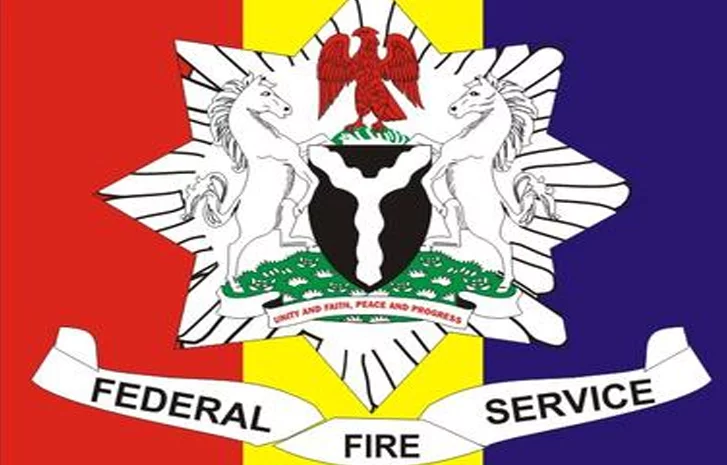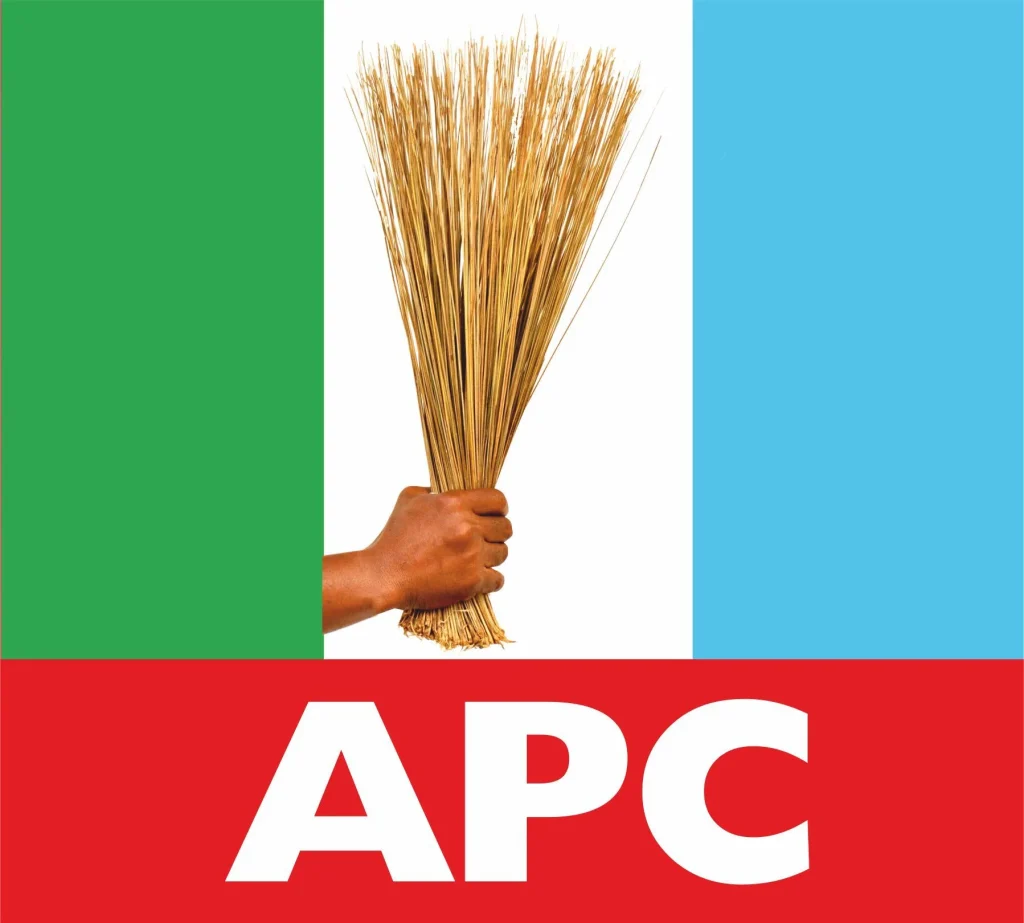As the dust settles from the governorship election in Kogi State held two months ago, tension and political upheaval continue to grip the region. The aftermath has seen contentious disputes between the ruling All Progressives Congress (APC) and the Social Democratic Party (SDP), intensifying the atmosphere of uncertainty and unrest.
The disputed election, which took place on November 11, 2023, resulted in the victory of Alhaji Ahmed Usman Ododo of the APC, who is set to be sworn in as the fifth civilian governor of the state on January 27. However, the SDP has refused to accept the outcome, with their candidate, Alhaji Muritala Yakubu Ajaka, contesting the results and seeking to overturn the election through legal channels.
The ongoing feud has been fueled by accusations and counter-accusations. The National Chairman of the SDP, Alhaji Shehu Gabam, expressed disappointment and condemned what he deemed as a flagrant disregard for the rule of law. He emphasized the party’s commitment to challenging the results through legal means, highlighting the significance of upholding democratic principles and procedures.
In a recent development, the APC accused the Resident Electoral Commissioner, Mr. Gabriel Hale Longpet, of colluding with the SDP to tamper with the election materials. The party alleged that the REC, who oversees the Kogi State branch of the Independent National Electoral Commission (INEC), was compromised and working in favor of the SDP. The APC vehemently called for the cessation of any inspection of the electoral materials until the motion filed by INEC to set aside the order for inspection is resolved.
The relentless saga has evoked concerns about the integrity of the electoral process and the impartiality of the electoral commission in ensuring a free and fair election. The protracted dispute has not only cast a shadow over the credibility of the election but also poses a potential threat to the peace and stability of Kogi State.
The underlying tension and discord surrounding the aftermath of the governorship election in Kogi State underscore the imperative for a thorough and impartial resolution to the dispute. The outcome of this political contest holds far-reaching implications for the state and its governance, warranting a judicious and transparent adjudication process to safeguard the democratic principles at stake.
Controversy Grows as SDP Denies Compromising INEC in Kogi State Election
The political landscape in Kogi State, Nigeria remains embroiled in controversy following accusations of compromised conduct during the election. The ruling All Progressives Congress (APC) pointed fingers at the Social Democratic Party (SDP), alleging collusion with the Resident Electoral Commissioner (REC) to influence the electoral process. In response, the SDP vehemently denied the claims, casting aspersions on the credibility of the accusers.
The APC, through its spokesperson, Kingsley Fanwo, accused the REC of aligning with the SDP, leading to purported malpractices within the electoral body. Fanwo urged the Independent National Electoral Commission (INEC) to take action against the REC, calling for his suspension pending the outcome of investigations. The rhetoric escalated, with the APC painting an incriminating picture of the REC’s involvement in fraudulent activities.
Unwilling to accept these accusations, the SDP promptly refuted the claims, condemning the APC for perpetuating what they labeled as “fake news.” Isaiah Davies Ijele, representing the SDP, accused the APC of deliberately disseminating misinformation to deceive the public. Ijele launched a scathing attack on Fanwo, questioning his credibility and insinuating that he was a mouthpiece for propagating baseless allegations.
Ijele further lambasted the APC, alleging that they were orchestrating false protests and resorting to underhanded tactics to tarnish the reputation of the SDP. He defended the party’s actions within the legal framework and vowed to pursue justice through legitimate channels. The SDP remained resolute in their stance, emphasizing that they would not be swayed by any form of obstruction or smear campaign.
Meanwhile, amidst the heated exchange of accusations, the SDP sought to inspect the election materials in a bid to substantiate their claims. However, the outcome of this endeavor remains shrouded in uncertainty at the time of reporting. Despite the lack of clarity, the SDP expressed confidence in their pursuit of justice, signaling an unwavering determination to uphold their mandate.
The evolving narrative presents a gripping portrayal of political contention, where rival factions engage in a battle of credibility and narrative dominance. The clash between the APC and the SDP underscores the intensity of the political landscape in Kogi State, as both parties vie for legitimacy and influence. The unfolding drama not only captivates local audiences but also reverberates on the global stage, offering a compelling insight into the complexities of Nigerian politics.
As the saga continues to unfold, the implications of these allegations resonate far beyond the borders of Kogi State, casting a spotlight on the broader dynamics of democracy, accountability, and ethical conduct. The unfolding events serve as a poignant reminder of the intricate interplay between power, perception, and the pursuit of justice within the fabric of democratic societies.


